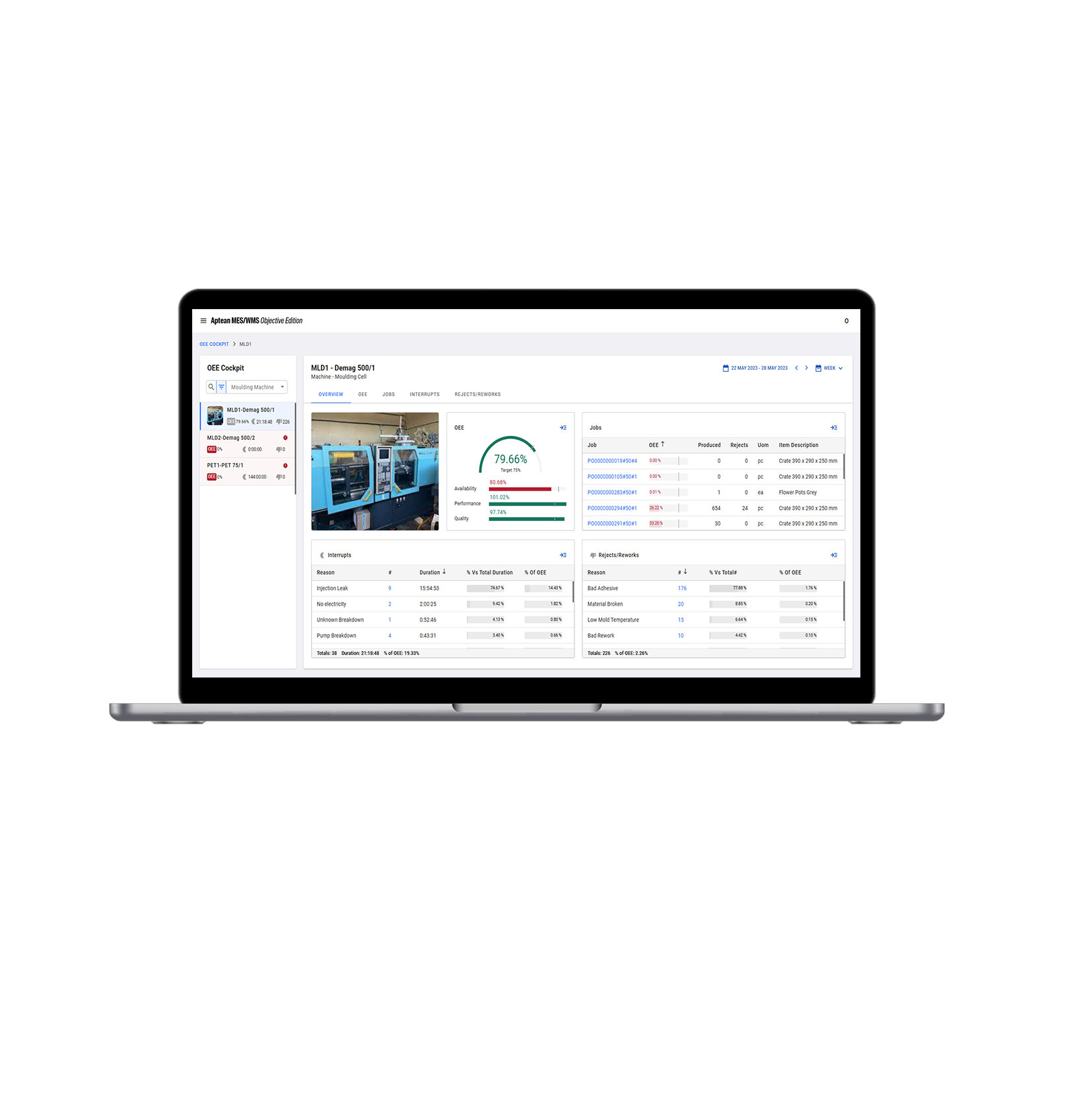Three Keys to Implementing Your New ERP
Three Keys to Implementing Your New ERP
Three Keys to Implementing Your New ERP

Choosing an ERP is only half the battle for food and beverage manufacturers. Just as challenging can be an implementation process prone to run late and over budget. According to research by Panorama Consulting, almost 80 percent of ERP projects take longer than expected. Here are three key factors to keep in mind when designing your implementation.
Lead the Charge
Executive sponsorship is the most critical success factor. The implementation team needs involvement from leadership to ensure that the project is aligned with company goals and expectations, key decisions are being made in a timely manner, and resources are allocated appropriately. Plan to review the project with the executive team on a regular cadence, as these touchpoints will also help maintain momentum throughout the project.
Stick to the Plan
Project management is another prerequisite for a successful implementation. According to Panorama, expanded project scope was the third-leading reason for ERP implementations exceeding the original project timeline. Expanded scope is also cited as one of the top five reasons for projects running over budget. Establish a project plan with clear, measurable goals and objectives translated into milestones that are achievable within a realistic timeline. Appoint a cross-functional, cross-departmental team led by a dedicated project manager who reports regularly to the leadership team.
Cutting corners, costs, and time just to get the project done is likely to drive up long-term costs and risks. You wouldn’t introduce a new product without extensive testing, so don’t introduce new software without the same attention to detail.
Communicate the “New Normal”
Change management is often overlooked, but is equally crucial to a successful implementation. The project should focus as much on the people impacted by the solutions as it does on the processes. After all, almost half of ERP implementations are designed to make employee jobs easier. Employees are accustomed to performing activities through a defined process in their daily routine, and they may not easily accept change. Incorporate a structured communications plan to help employees understand the benefits of the new workflows and keep them informed along the way.
You can learn more of Jill Smith’s implementation tips by reading the full article, “Ensuring Successful ERP Implementation,” in Food Manufacturing.
Commencez à transformer votre entreprise dès aujourd'hui
Prêt à faire passer votre entreprise à la vitesse supérieure ? Nous sommes là pour vous.



 Jill Smith | Senior Director, Aptean Ross ERP
Jill Smith | Senior Director, Aptean Ross ERP